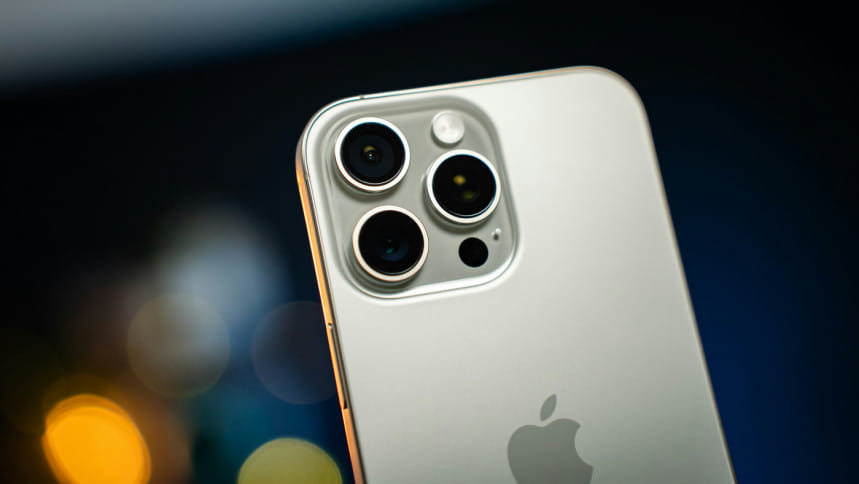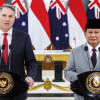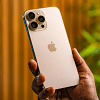Indonesia officially bans iPhone 16

Indonesia has officially banned the sale and use of Apple's iPhone 16 and other recent releases, including the Apple Watch Series 10, after the tech giant failed to fulfil its previously agreed investment commitments in the country, as per reports by The Economic Times and 9to5Mac.
This restriction, announced earlier this week, affects not only future sales but also extends to units already in use, posing potential challenges for locals and tourists alike.
How did this ban happen?
The ban stems from Apple's shortfall on a pledged $109 million (1.71 trillion rupiah) investment in Indonesia, explains a report by The Economic Times. As part of the country's requirement for foreign companies to meet a 40% local content quota, Apple committed to establishing research and development facilities known as 'Apple academies'. However, the Ministry of Industry reported that Apple had so far invested only $95 million (1.48 trillion rupiah), falling $14 million short of its commitment, according to the report by Apple-centric news platform 9to5Mac.
In response to the lack of investment, Indonesia's Ministry of Industry has withheld the necessary IMEI (International Mobile Equipment Identity) certifications required for legal device operation in the country. Without certification, the iPhone 16 models are considered unauthorised, and Industry Minister Gumiwang Kartasasmita has asked the public to report any devices found operating within the nation, further states the 9to5Mac report.
While Apple has yet to address the ban publicly, its resolution is critical as Indonesia represents a valuable consumer market in Southeast Asia. The tech community is closely monitoring how Apple responds, given the stakes involved in balancing regulatory compliance with local market access.

 For all latest news, follow The Daily Star's Google News channel.
For all latest news, follow The Daily Star's Google News channel. 








Comments